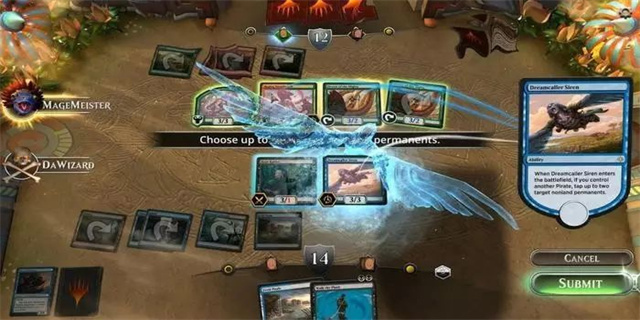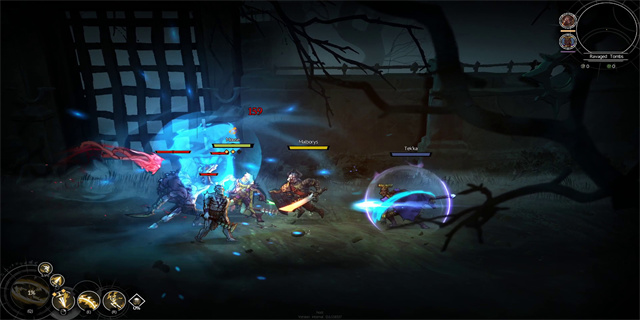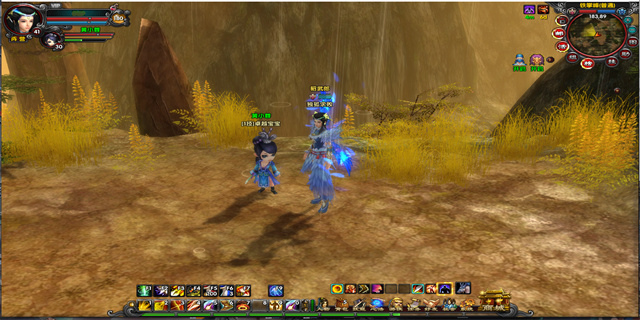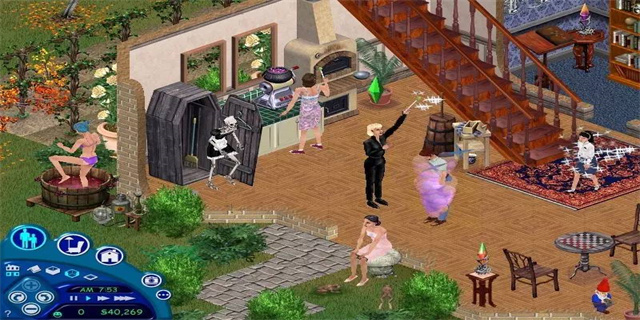Night Terrors
The Mystery of Night Terrors
Night terrors, also known as sleep terrors, are a type of parasomnia characterized by sudden arousal from sleep, intense fear, and a sense of terror. Unlike nightmares, which occur during the REM (rapid eye movement) sleep stage and are often recalled upon awakening, night terrors happen during deep non-REM sleep and are typically not remembered. These episodes can be extremely distressing for individuals experiencing them and can also be a source of concern for their loved ones witnessing the frightening display. This article aims to delve into the phenomenon of night terrors, exploring their causes, effects, and possible treatment options.

The Causes of Night Terrors
While the exact cause of night terrors is still unknown, several factors have been identified as potential triggers for these episodes. One significant factor is sleep deprivation or irregular sleep patterns. Night terrors are more commonly observed in children, particularly between the ages of 3 and 12 years, as their sleep patterns may be disrupted due to various factors such as inadequate sleep, changes in routine, or excessive tiredness. Similarly, adults who do not get enough sleep or have irregular sleep routines may also experience night terrors.

Another potential cause of night terrors is emotional distress or anxiety. Stressful life events or traumatic experiences can disrupt a person's sleep cycle and increase the likelihood of night terrors. Additionally, certain medications and substances, such as sedatives and alcohol, have been linked to an increased risk of experiencing these episodes. It is essential to note that night terrors are not indicative of an underlying psychological disorder, although they can be associated with conditions such as post-traumatic stress disorder (PTSD) or general anxiety disorder (GAD).
The Effects and Treatment of Night Terrors
The effects of night terrors can vary from person to person. While some individuals may only experience occasional episodes that do not significantly affect their overall well-being, others may encounter more frequent and severe episodes that disrupt their quality of life. Night terrors can cause excessive daytime sleepiness, fatigue, and mood disturbances due to disrupted sleep patterns. Furthermore, the fear and panic experienced during these episodes can lead to an increased sense of anxiety and overall distress.
Fortunately, there are various treatment options available for those experiencing night terrors. For children, establishing a regular sleep routine, ensuring adequate rest, and creating a peaceful sleep environment can significantly reduce the occurrence of night terrors. In severe cases, a doctor may recommend medication, such as low-dose antidepressants, to help manage the episodes.
For adults, practicing good sleep hygiene becomes crucial in preventing night terrors. Implementing relaxation techniques before bed, such as meditation or deep breathing exercises, can help reduce anxiety and promote better sleep quality. Cognitive-behavioral therapy (CBT) may also be beneficial in identifying and addressing any underlying psychological factors contributing to night terrors.
In conclusion, night terrors are a perplexing sleep disorder characterized by sudden episodes of fear and terror during deep sleep. While the exact causes remain unknown, factors such as sleep deprivation, emotional distress, and certain medications or substances have been associated with these episodes. It is important to seek medical advice if night terrors significantly impact one's quality of life. With the appropriate treatment and lifestyle adjustments, individuals experiencing night terrors can find relief and achieve restful sleep.




























